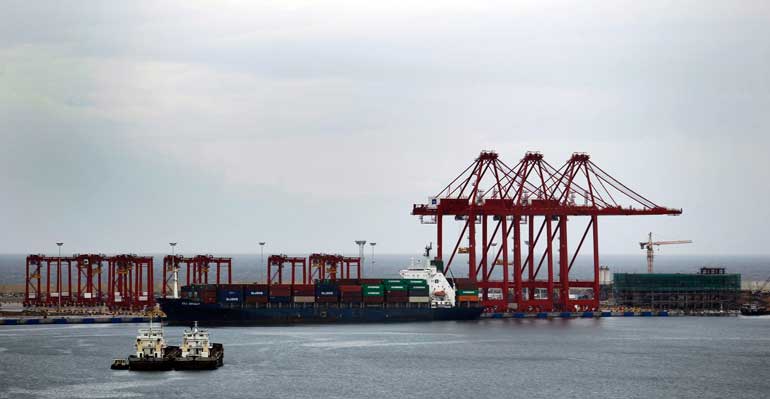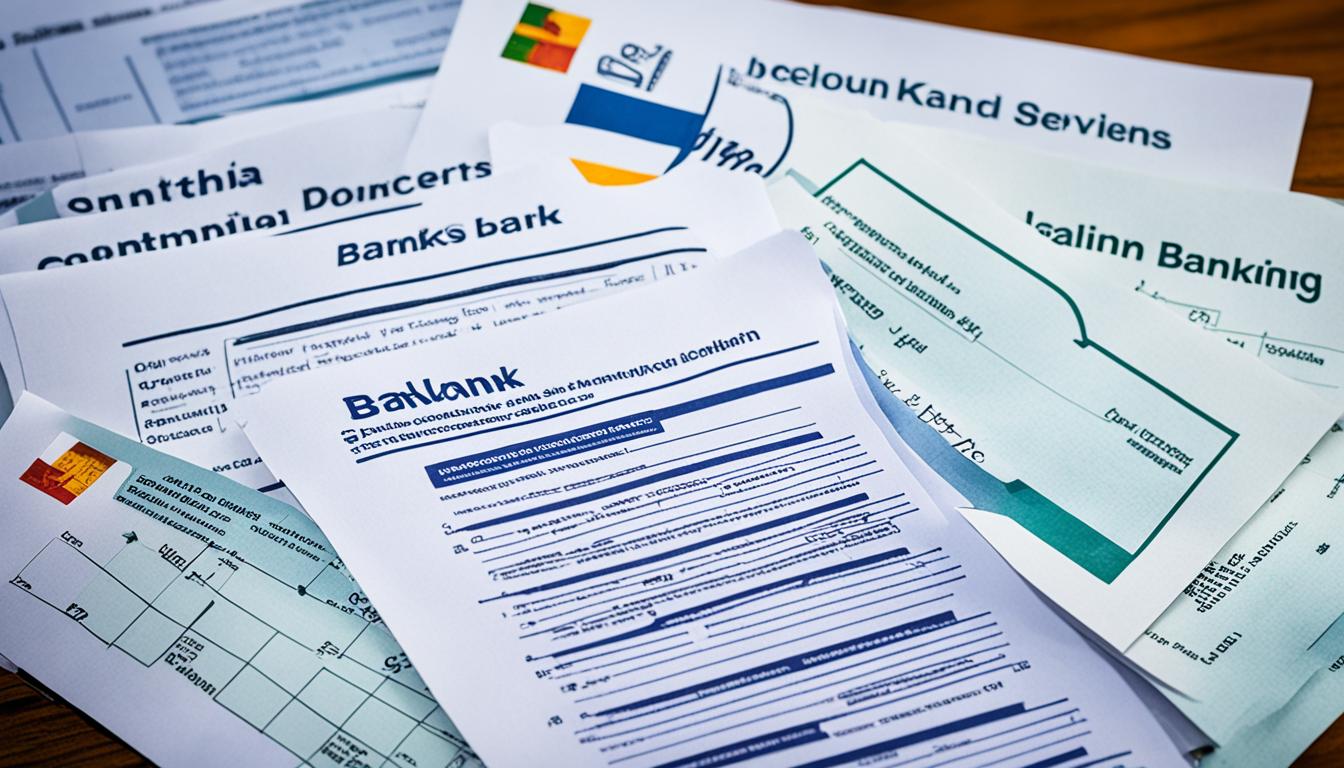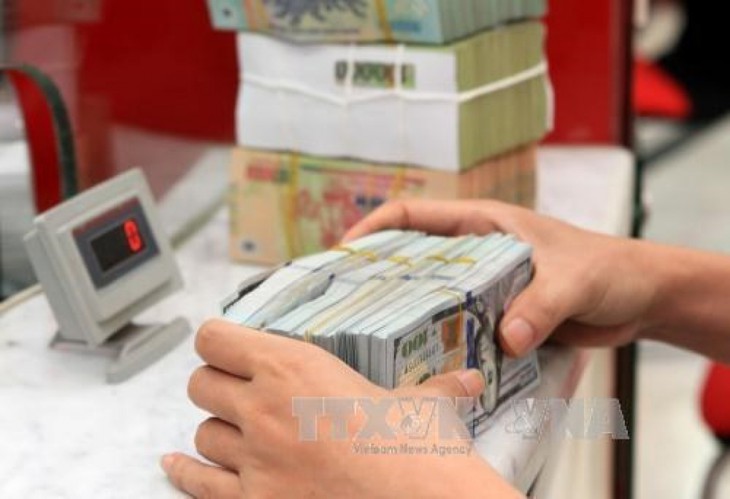In an ambitious move to bolster economic support for MSMEs, the Central Bank of Sri Lanka is ushering in a new era of recovery regulations. With a keen focus on fostering business revival, these measures are designed to provide a much-needed lifeline to the multitude of micro, small and medium enterprises that form the backbone of the Sri Lankan economy. The proposed framework will see the introduction of dedicated business revival units within licensed banks, a strategic initiative poised to accelerate the MSME recovery process. Moreover, the anticipated rollout of the National Credit Guarantee Institution (NCGI) is set to mitigate lending risks and inject confidence into the sector through substantial financial backing and credit guarantees.
Key Takeaways
- Sri Lanka is committed to enhancing its MSME sector through targeted recovery regulations.
- Business revival units within banks will be central to easing MSMEs’ economic woes.
- The Central Bank of Sri Lanka plays a pivotal part in developing the regulatory framework for MSME support.
- Introduction of the NCGI will provide critical financial backstopping for SMEs.
- Public-private partnerships are integral to the successful implementation of these economic support strategies.
Detailed Overview of Sri Lanka’s MSME Sector Challenges
The MSME sector in Sri Lanka has historically been the backbone of the nation’s economy, but recent times have brought to the forefront several MSME challenges that have made resilience more of an exception than the norm. The Sri Lanka economic crisis has undeniably left its mark, creating a series of MSME sector issues that span financial, operational, and systemic domains.
According to fresh insights from an International Labour Organization survey, an alarming 89 percent of the island’s MSMEs report impaired business operations, a testament to the dire circumstances these entities face. The ripples of the crisis have seen a rise in non-performing loans, curbing the risk appetite of financial institutions and limiting access to credit for businesses in desperate need of financial lifelines.
Another aspect significantly hindering the MSME landscape is the chain reaction set off by the economic downturn. Interlinked industries, from manufacturing to services and retail, have all felt the shocks of heightened costs, disrupted supply chains, and decreased consumer spending. These impacts are far-reaching, putting the concept of a swift economic recovery under scrutiny.
- Harsh liquidity constraints
- Erratic demand and supply patterns
- Escalating operating costs and limited market access
However, it is not all bleak; there are glimmers of potential relief on the horizon. Encouragingly, some previously stringent supply chain constraints have begun showing signs of easing, allowing businesses a semblance of operational normalcy. This is a crucial step in the journey toward economic revival.
Financial institutions have a pivotal role in mitigating the effects of the crisis. With the central bank’s guidance, banks are positioned to act as catalysts, ensuring that the benefits of proposed monetary policy are expedited to the MSME sector. This assistance is essential for translating macroeconomic policies into tangible opportunities for micro, small, and medium enterprises, thereby accelerating the recovery process.
Despite the tumultuous climate, the collective efforts of policymakers, financial entities, and the MSME community sow seeds for cautious optimism. The economic stewardship, if strategically implemented, could navigate Sri Lanka toward a path of stability and eventual prosperity for its MSMEs, a vital component of the national economy.
Regulations for speedy MSME recovery via business revival units coming up
Amidst financial challenges, Sri Lanka’s micro, small, and medium enterprises (MSMEs) find hope as the Central Bank of Sri Lanka forges ahead with new regulatory frameworks. The establishment of business revival units within licensed banks marks a progressive shift towards a more resilient economic foundation for MSMEs. This endeavor illustrates the government’s commitment to expeditiously fostering a supportive environment that will catalyze the recovery and growth of this essential sector.
Central Bank’s Initiative for Business Revival Units
With the impending regulations, the Central Bank is proactively steering the nation’s financial ecosystem towards a brighter future. Business revival units, as a novel concept, are anticipated to tailor their expertise and resource allocation to assist MSMEs in adapting and eventually thriving despite a turbulent economic climate. These units are meticulously envisioned to provide expert advice, restructure distressed financial profiles, and pave the way for MSMEs to rebound with vigor.
Specialized Support for Struggling MSMEs
Financial and operational difficulties faced by MSMEs demand specialized attention, which these business revival units are planned to offer in abundance. Their role will extend beyond conventional banking services, easing the journey of recovery through customized financial solutions and strategic advisory. This hands-on support aims to meticulously assess and address the unique challenges that confront MSMEs, ultimately nurturing a stable path to revitalization.
Establishment of National Credit Guarantee Institution (NCGI)
The reinforcement of economic fortitude for MSMEs is further galvanized by the inception of the National Credit Guarantee Institution (NCGI). This entity will not only issue credit guarantees to infuse the SME sector with renewed confidence but is also expected to monitor and mitigate credit risks that have traditionally hampered the sector’s growth. With the NCGI’s backing, banks may exhibit greater propensity to extend loans to SMEs, dolling out the capital necessary for rejuvenation and development.
The Role of ADB and Private-Public Partnership in NCGI
The blueprint for the NCGI is underscored by a robust public-private partnership, bolstered by the Asian Development Bank’s (ADB) advocacy and financial support. This coalition links the prowess of the government with the agility of the private sector, involving multiple banks and non-banking financial institutions. Their concerted efforts are pooled together to cultivate a fertile ground with an initial capital injection earmarked at US $110 million, all directed towards empowering the SME landscape to flourish.
The strategic initiatives spearheaded by the Central Bank of Sri Lanka, along with the cooperative dynamics of the ADB and public-private partnerships, are leading the charge to dismantle barriers and revolutionize the MSME sector’s economic sovereignty.
Effects of Monetary Policy and Economic Forecast
With the release of the first Monetary Policy Report (MPR) for 2024, the Central Bank of Sri Lanka has delineated a comprehensive vision for the nation’s fiscal future, touching upon significant economic variables that denote a promising turnaround in the financial climate. This landmark report affords a deeper understanding of the actions taken by the central bank, particularly in relation to interest rates and monetary regulations. Notably, the analysis takes into account the implications these have for the Sri Lankan economy, which has been navigating turbulent financial waters.
The MPR offers an optimistic forecast for private sector growth, as key indicators suggest a scaling down of inflationary pressures. A notable mention within the report is the impending decrease in interest rates, a move that is expected to infuse vitality into the business ecosystem. Further buoying economic prospects is the strategic withdrawal of government competition for banking credit, a pivotal shift that stands to bolster liquidity for enterprises in the market. For micro, small, and medium enterprises (MSMEs), these policy adjustments are harbingers of a more accessible and supportive lending environment.
Overall, the Monetary Policy Report 2024 articulates a sanguine outlook for the nation’s economic trajectory. As the Central Bank of Sri Lanka implements these calibrated measures, it is evident that the focus is on stabilizing economic variables and laying the groundwork for sustainable economic activity. The proactive stance on monetary policy signals not just a recovery, but a robust platform from which the Sri Lankan economy can launch into a phase of renewed productivity and financial health.














